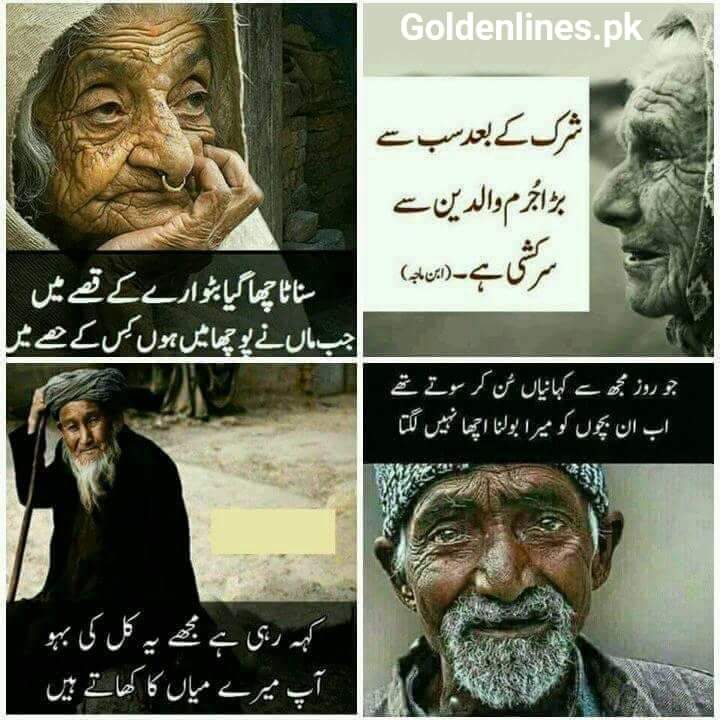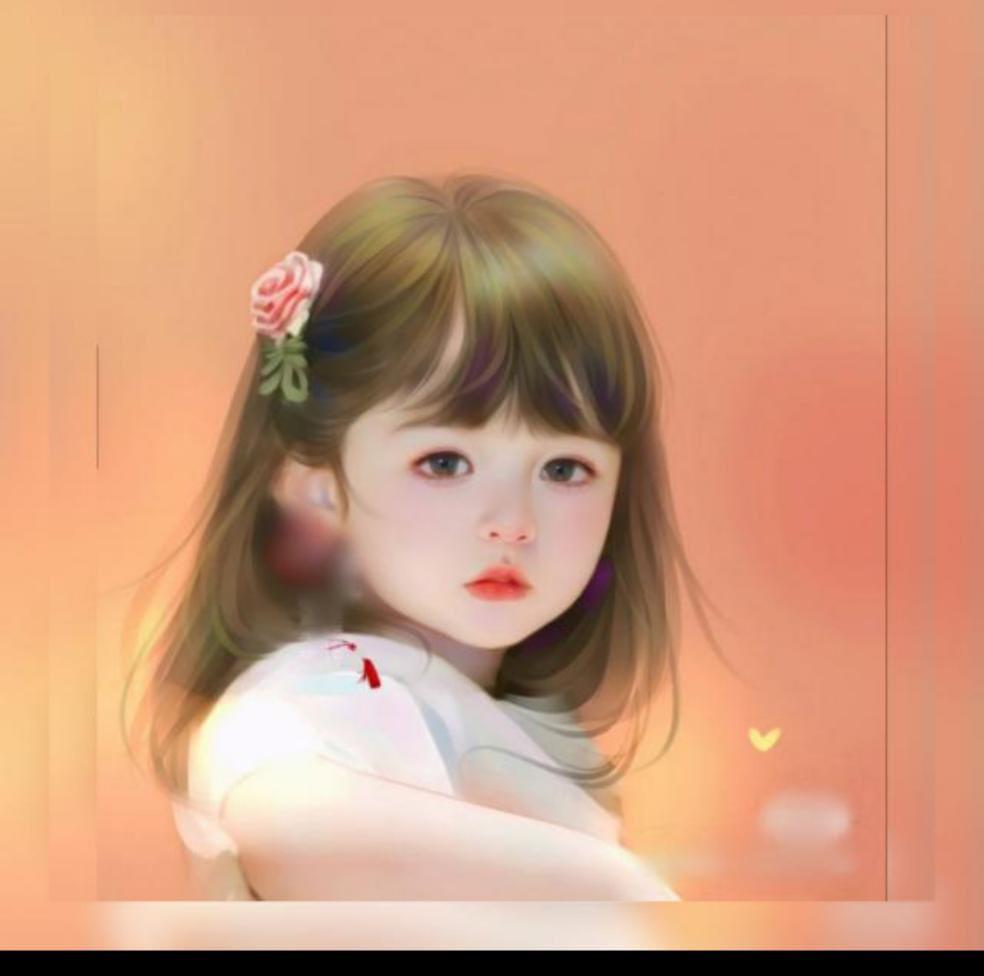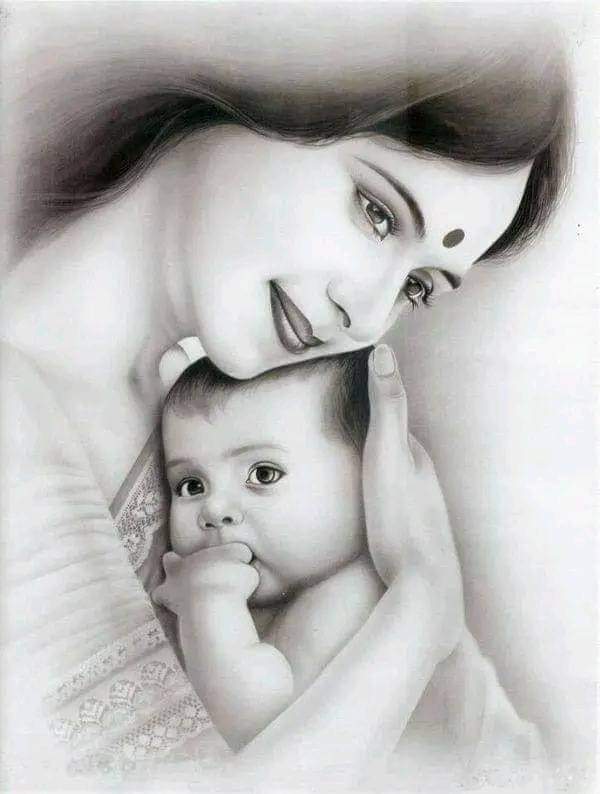Akbar Birbal
One day, in the royal court, Emperor Akbar posed a strange question to his courtiers: “Who is the greatest fool in this world?”Each courtier offered their opinion. One said the greatest fool is someone who wastes money, another said it’s someone who blindly trusts others. But Akbar wasn’t satisfied with any of the answers. Finally, Birbal spoke up, “Your Majesty, may I share my thoughts?”Akbar smiled and said, “Go ahead, Birbal. Your answers are always intriguing.”Birbal replied, “Your Majesty, the greatest fool is the one who doesn’t learn from their own mistakes or the mistakes of others. Whether a king or a commoner, if they fail to learn from errors, they are the epitome of foolishness.”Akbar fell silent for a moment, then burst into laughter. “Well said, Birbal! Once again, you’ve turned a simple question into a lesson of wisdom. Truly, learning from mistakes is the mark of intelligence.”The court applauded Birbal’s cleverness, and Akbar rewarded him generously.

This story is a classic example of Akbar and Birbal tales, which have long entertained and educated people. If you’d like to hear a specific story or theme, let me know, and I can write another!
Moral: Success in life comes to those who learn from their own and others’ mistakes.
“سب سے بڑا نادان کون؟ ”
ایک دن دربار میں بادشاہ اکبر نے اپنے درباریوں سے ایک عجیب سوال پوچھا: “اس دنیا میں سب سے بڑا نادان کون ہے؟”ہر درباری نے اپنی رائے دی۔ کوئی بولا کہ نادان وہ ہے جو پیسے ضائع کرتا ہے، کوئی بولا جو دوسروں پر بھروسہ کرتا ہے۔ لیکن اکبر کو کوئی جواب پسند نہ آیا۔ آخر میں بیربل نے کہا، “حضور، اجازت ہو تو میں اپنی رائے پیش کروں؟”اکبر نے مسکراتے ہوئے کہا، “بولو بیربل، تمہارا جواب ہمیشہ دلچسپ ہوتا ہے۔”بیربل نے کہا، “حضور، سب سے بڑا نادان وہ ہے جو دوسروں کی غلطیوں سے سیکھتا نہیں۔ چاہے وہ بادشاہ ہو یا عام آدمی، اگر وہ اپنی یا دوسروں کی غلطیوں سے سبق نہ لے تو وہ نادانی کی انتہا پر ہے۔”اکبر یہ سن کر خاموش ہو گئے اور پھر زور سے ہنس پڑے۔ “واہ بیربل! تم نے ایک بار پھر سادہ بات کو عقلمندی سے پیش کیا۔ واقعی، غلطیوں سے سیکھنا ہی عقلمندی کی نشانی ہے۔”دربار میں سب نے بیربل کی تعریف کی، اور اکبر نے انہیں انعام سے نوازا۔
یہ کہانی اکبر اور بیربل کی روایت کی ایک مثال ہے، جو ہمیشہ سے لوگوں کو ہنسانے اور سکھانے کا ذریعہ رہی ہیں۔ اگر آپ کوئی خاص کہانی یا موضوع سننا چاہتے ہیں، تو بتائیں، میں مزید لکھ سکتا ہوں!
اخلاقی سبق: زندگی میں کامیابی اسی سے ملتی ہے جو اپنی اور دوسروں کی غلطیوں سے سیکھتا ہے۔
Kids Story..!








